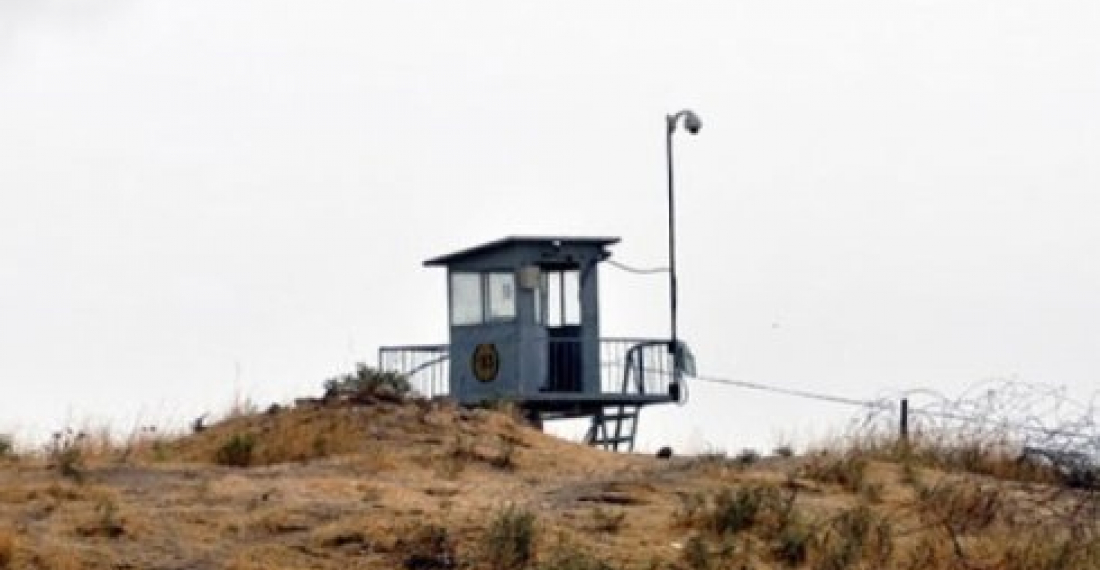Reports from the Armenia-Azerbaijan border say that sporadic skirmishes involving Armenian and Azerbaijani forces continue.
Azerbaijani sources say that on Wednesday afternoon (31 July), a soldier from the Azerbaijani State Border Guards was injured as a result of Armenian fire. The injuries were not life threatening. There has been no comment on the incident from the Armenian side.
There has recently been an increase of incidents on the international border between the two countries - an area that has been relatively calm compared to the Nagorno-Karabakh conflict zone.
The Armenian news portal news.am has quoted the Head of the Information Department of the Administration of the General Staff of the Armed Forces of Armenia, Colonel Samvel Asatryan, as saying that "the tension on the border is directly linked to the fact that Azerbaijani snipers have improved their skills." According to Colonel Asatryan, the escalation of the situation is linked to the exam period of Azerbaijani snipers who have undergone theoretical and practical training. "Azerbaijan checks practical skills right on the border and is making attempts to disturb Armenia's engineering works around military posts", the website quoted the Armenian officer as saying.
source: commonspace.eu with news,am







